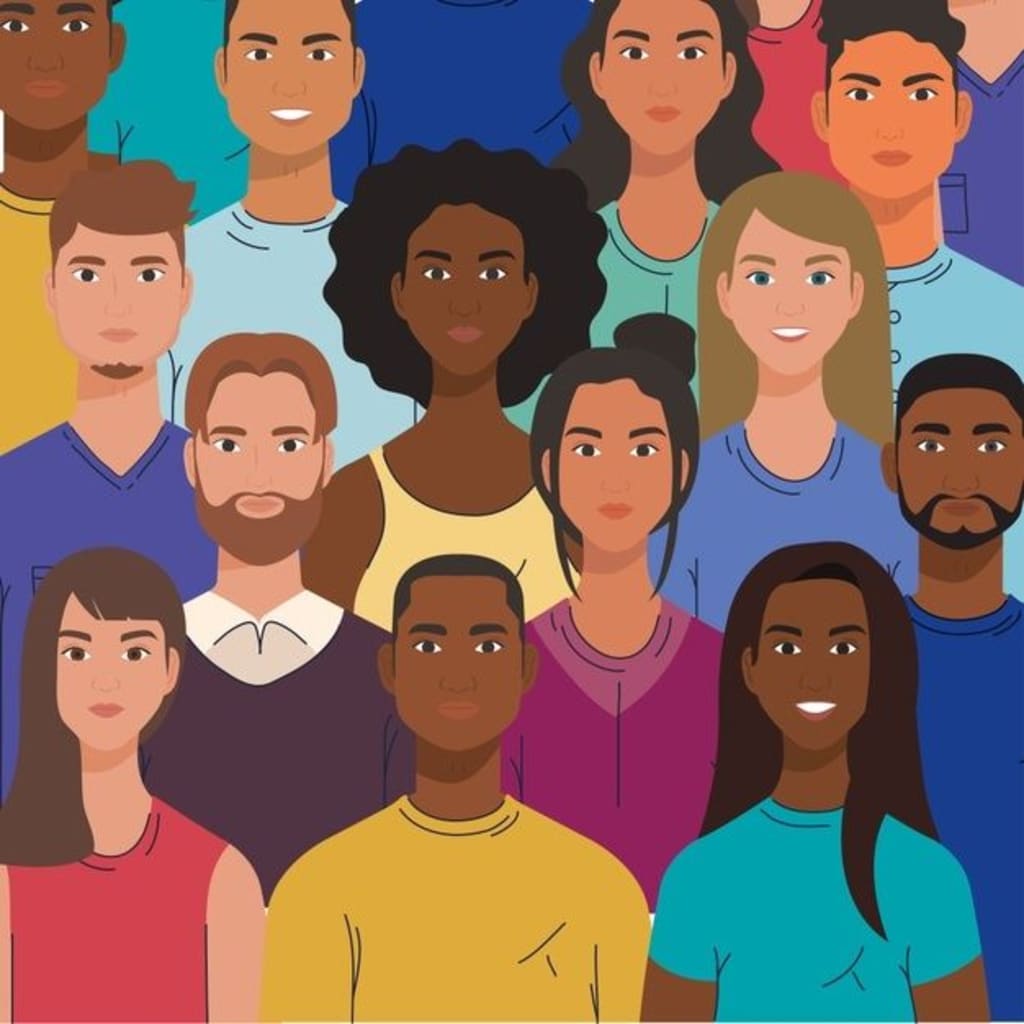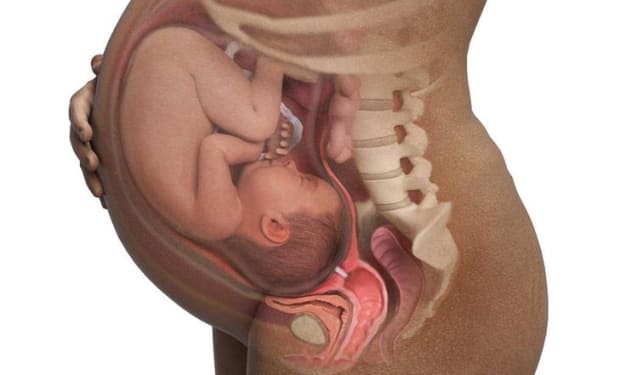
How many ancestors do you have? Well, you have two parents, four grandparents, and eight great-grandparents. As you trace back your direct ancestors through the generations, the numbers grow exponentially. Four generations back, you find yourself with 30 direct ancestors. However, if you were to continue this lineage doubling with each generation, just 40 generations ago, you'd theoretically have a trillion ancestors all living simultaneously. That's an absurd number, exceeding the total number of people who have ever lived and even surpassing the number of stars in the Milky Way, now think of it,how does that sound?
In reality, this vast number of ancestors doesn't align with historical population sizes. Instead, it suggests there must have been some degree of inbreeding in human history. Inbreeding, not necessarily of the extreme type seen in certain fictional portrayals, but rather the natural branching and intermingling of family trees.
Before modern transportation and communication, people's choices for mates were often limited to those within walking distance. Even renowned figures like Charles Darwin and Albert Einstein married their first cousins, illustrating the restricted gene pool of their times. This intermingling of related individuals has led to a much smaller number of actual ancestors than simple math suggests.
Advanced mathematical models factor in various historical and geographical aspects, such as migration patterns, life expectancy, trade, and even figures like Genghis Khan. These models reveal that every human alive today shares a common ancestor who lived approximately 3,000 years ago. So, the next time you engage in an online argument, remember that you share a common, albeit distant, ancestor with that stranger.
Although this shared ancestor remains unidentified in history, we carry records of our ancestry within our genes. DNA, replicated over generations, accumulates occasional mistakes, or mutations. These mutations, while mostly harmless, can be used as a molecular clock to estimate time. Comparing shared genetic changes helps determine the degree of relatedness between individuals.
Interestingly, despite our apparent differences, humans are genetically quite similar. In fact, groups of chimpanzees living in close proximity exhibit more genetic variation than the entire human population. This genetic similarity suggests that our species is relatively new, with a history that includes a small population size, possibly as few as 10,000 individuals. Today, any two humans differ in only about 1 out of 1000 DNA base pairs, though given the size of our genome, this still represents millions of single-letter differences, known as SNPs (single nucleotide polymorphisms).
These SNPs often cluster in combinations associated with specific geographic locations. Companies offering DNA ancestry tests examine thousands of these SNPs to create a unique genetic signature. By comparing your signature to reference individuals from various regions worldwide, they can estimate your genetic ancestry. While some may discover surprising ancestry, DNA provides an unerring record of our origins.
Furthermore, scientists have identified an ancestor shared by everyone alive today—mitochondrial Eve. Unlike the 46 chromosomes found in the cell nucleus, the 47th chromosome resides in mitochondria, which were once free-swimming entities. Mitochondria possess their own genetic material, and it passes down unchanged from mother to offspring, as sperm lack mitochondria. By studying the genetic changes in mitochondrial DNA over time, researchers have traced mitochondrial Eve's lineage back to a woman in Africa about 150,000 years ago. All modern humans are descendants of her, and this common genetic heritage unites us as a global family.
Today, we possess an unprecedented level of control over shaping our future, even down to the intricacies of our genetics.
What lies ahead for our species?
Stay inquisitive and find out next time.
About the Creator
Enjoyed the story? Support the Creator.
Subscribe for free to receive all their stories in your feed. You could also pledge your support or give them a one-off tip, letting them know you appreciate their work.






Comments
There are no comments for this story
Be the first to respond and start the conversation.